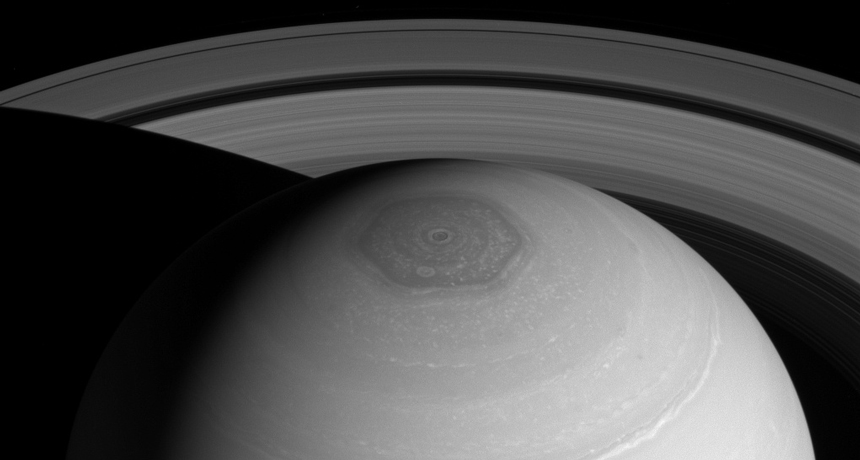Crepitus
Diamond Member
- Mar 28, 2018
- 72,321
- 60,980
- 3,615
Umm..Fairer weather doesn't necessarily last longer, we spend the time swinging between the two extremes. It was °75 degrees here today, unseasonably warm. Admittedly °75 degrees is not an uncomfortable temp, but it is way out of normal for november.Record cold snaps are almost always caused by variations in the jet stream. The stream is fueled by the temperature difference between the northern and southern latitudes. The arctic is warming faster than the tropics. This means less temperature difference (less fuel) and a weaker stream. The weaker stream is more prone to wandering, letting cold arctic air masses come much further south than usual. Poof! Record cold temperatures. The same phenomenon is responsible for record heat waves in Alaska and Canada when the stream wanders north.
That makes sense ... I seem to remember reading a paper about this (do you remember the author's name?) ... these waves in the jet stream would have a higher amplitude and slower progression ... but this is a two-edged sword; inclement weather will be more inclement and last longer, but fair weather will be fairer and again last longer ... these are averages, which produce the larger wandering due to less power (less fuel), but today the Arctic is getting colder than the tropics, returning the power and driving the existing wander further south ... if by chance this has not happened on these dates before, then we set record lows for that date ... the better metric is comparing these lows to the records two weeks fore and aft, closer to a monthly record low ...
I do think you're wrong about the Polar Front being driven further south than usual ... usual means all the way to the Gulf Coast and stopped by the Gulf's sub-tropical waters off-shore ... not that the front doesn't push further, infamously the morning of the Challenger tragedy; although infrequent, still usual ... unusual being snowfall in Havana ...
The corollary to this Arctic Amplification is that it's not just the jet streams that will be weaker, all the large-scale flow patterns will be weaker ... less of a temperature difference weakens the forces driving warm tropical air towards the poles and cold polar air towards the equator ... thus lower average power in the atmosphere ... the probabilities of more powerful weather events become less likely ...
What I like best about your explanation is that not only is it theoretically sound, we have empirical data to back it up ... a case where statistics sends us to the right place to look, and we seemed to have found it ... good science ...
As the pattern gets weaker the weather will get more extreme because the contrasting airmasses are not being separated by the jet stream.
Uhm climate change is not local
DUH.

